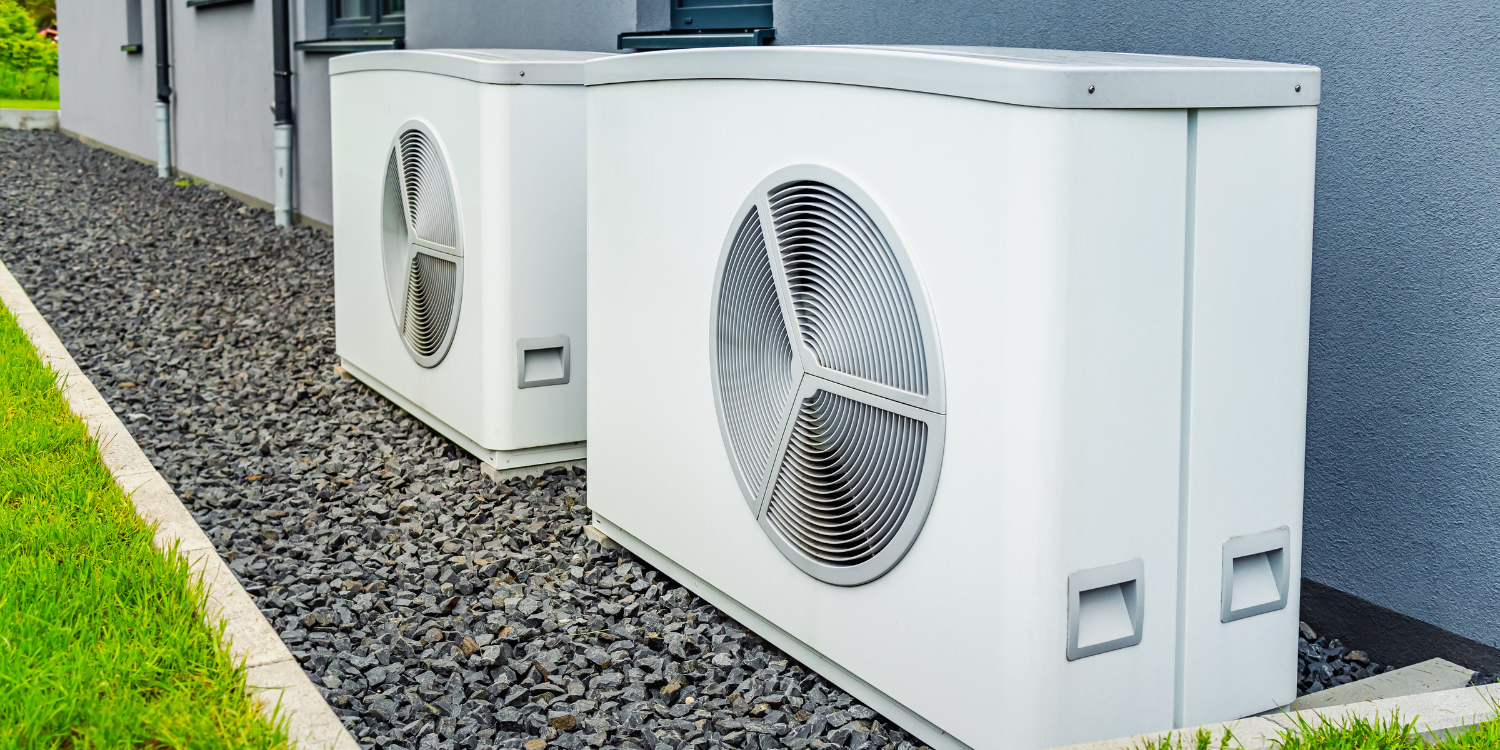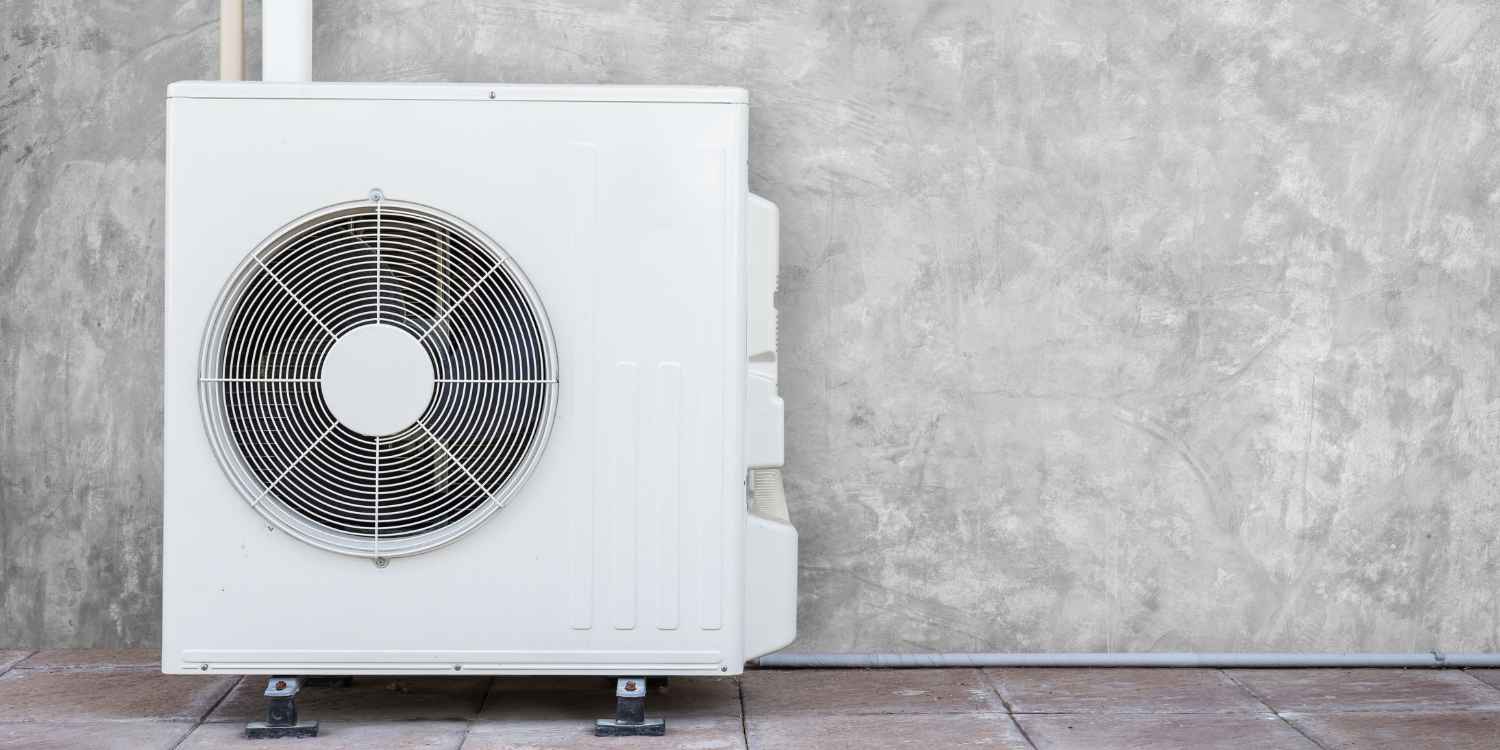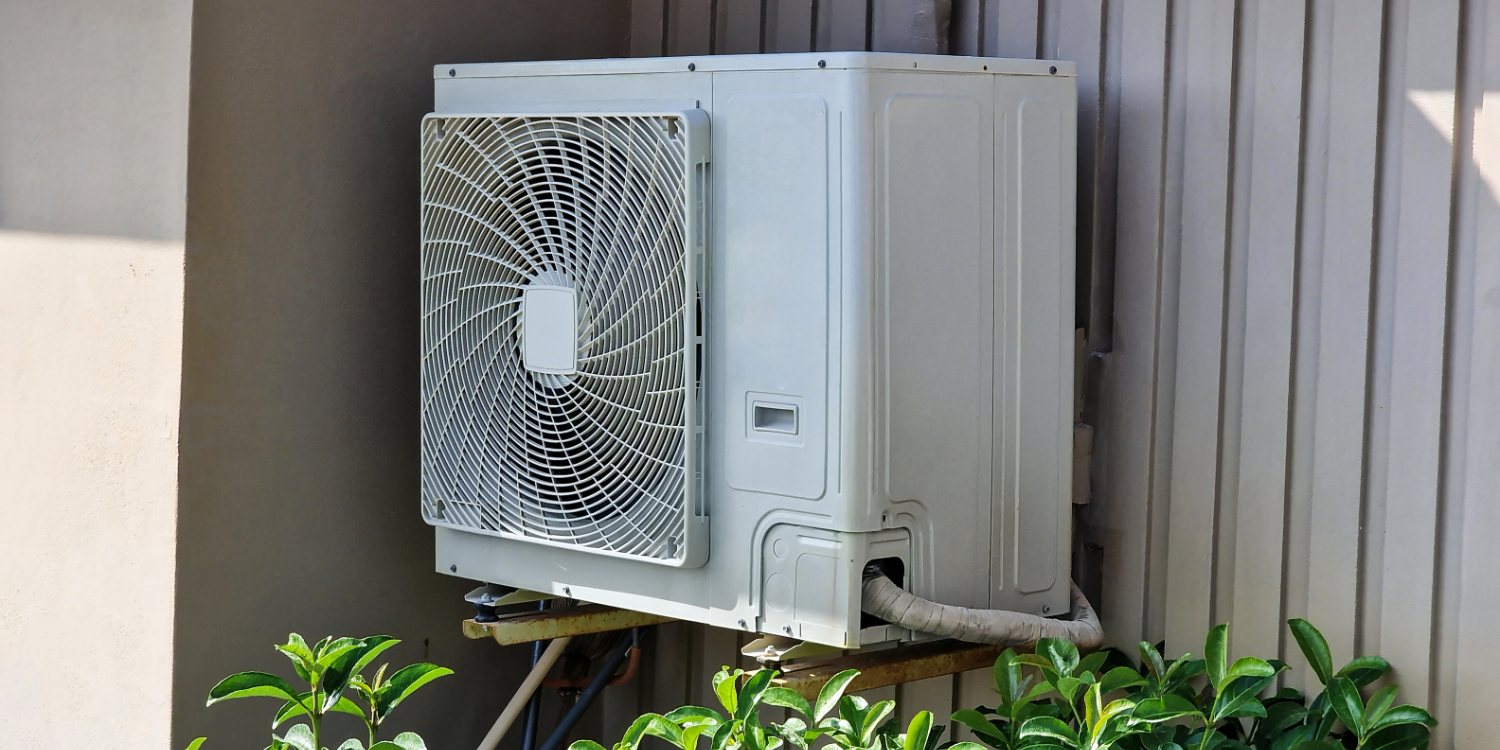
In recent years, the conversation around home heating and cooling solutions has shifted, with an increasing focus on efficiency, cost-effectiveness, and environmental sustainability. Amidst this shift, heat pumps have emerged as a game-changing technology, especially in Canada’s diverse and often challenging climate.
But what exactly are heat pumps, and how do they fit into the Canadian home heating and cooling landscape? In this FAQ guide, we’ll demystify heat pumps and explore their functionality, benefits, types, and much more.
What Are Heat Pumps and How Do They Work?
A heat pump is a home heating AND cooling appliance. Unlike traditional heating systems that generate heat, heat pumps work by transferring heat from one place to another.
During winter, they extract heat from the outside air and transfer it inside your home. In the simplest terms, they act like a refrigerator in reverse. Surprisingly, even cold air contains some heat, and a heat pump can extract this heat efficiently. Conversely, in summer, they reverse this process, pulling heat from your home and releasing it outside, thus cooling your indoor space.
What is The Main Benefit of Choosing a Heat Pump?
Their dual functionality makes heat pumps not only incredibly versatile but also significantly energy efficient. They consume less electricity compared to traditional heating systems, as they simply move heat rather than generate it. This efficiency is a key reason why heat pumps are an increasingly popular choice in Canada, where both heating in winter and cooling in summer are essential.
Why Are Heat Pumps a Good Choice for Canadian Climates?
The answer lies in their advanced technology and adaptability. Modern heat pumps are designed to operate efficiently even in extreme temperatures, making them suitable for the Canadian environment. Their year-round versatility is particularly beneficial for Canadian homeowners. Instead of needing separate systems for heating and cooling, a single heat pump can meet all these needs. This not only simplifies the home’s HVAC setup but can also lead to cost savings and reduced energy consumption.
Additionally, with the increasing focus on reducing carbon emissions, heat pumps stand out as an environmentally friendly option. By using electricity to transfer heat, they emit fewer greenhouse gases compared to systems that burn fossil fuels.
How Cost-Effective Are Heat Pumps Compared to Traditional Heating Systems?
When considering a heat pump for your home, it’s natural to weigh its cost-effectiveness against traditional heating systems. Initially, the upfront cost of a heat pump might be higher. However, the long-term savings are where heat pumps truly shine. Their high energy efficiency means lower monthly energy bills, which can offset the initial investment over time.
In addition, the federal and provincial governments often offer incentives and rebates for the installation of heat pumps, making them even more financially attractive. These programs aim to encourage homeowners to adopt more environmentally friendly heating solutions.
What Types of Heat Pumps Are Available, and Which Is Right for My Home?
Choosing the right type of heat pump for your home depends on various factors, including your location, home size, and specific heating and cooling needs. Here’s a brief overview of the main types of heat pumps available in Canada:
- Air-Source Heat Pumps (ASHPs): These are the most common type and are suitable for most Canadian homes. They extract heat from outdoor air and are known for their efficiency and cost-effectiveness.
- Ground-Source or Geothermal Heat Pumps: These utilize the earth’s stable underground temperature to provide heating and cooling. While they require a higher initial investment and more extensive installation, they offer long-term savings and are incredibly efficient.
- Water-Source Heat Pumps: These draw heat from a nearby water source and are an excellent option if your property is close to a body of water (overall, these are much less common than options 1 and 2).
How Do I Maintain a Heat Pump?
Proper maintenance is key to ensuring your heat pump operates efficiently throughout the year. Here are some tips for maintaining your heat pump in Canada’s varying climates:
- Regular Cleaning: Keep the outdoor unit clear of snow, ice, and debris. Clean or replace the filters regularly.
- Professional Check-Ups: Schedule annual maintenance checks with a certified technician to ensure optimal performance.
- Monitor Performance: Keep an eye on your heat pump’s efficiency. If you notice any significant changes, such as increased energy bills or reduced heating/cooling capacity, contact a professional.
Can Heat Pumps Provide Efficient Cooling in the Summer Months?
Yes! Heat pumps are not just for heating; they can also provide efficient cooling during summer. By reversing their operation, they extract heat from inside your home and release it outside, much like a traditional air conditioner. This dual functionality makes heat pumps a versatile year-round solution for Canadian homes, ensuring comfort regardless of the season.
What Are the Environmental Benefits of Using a Heat Pump?
Heat pumps are a more environmentally friendly option compared to traditional heating systems. They use electricity to transfer heat, significantly reducing greenhouse gas emissions. By not burning fossil fuels like natural gas or oil, heat pumps contribute to a greener, more sustainable future. This makes them an ideal choice for eco-conscious homeowners looking to reduce their carbon footprint.
How Long Do Heat Pumps Typically Last, and What’s Their Warranty?
Heat pumps are known for their longevity. With proper maintenance, they can last up to 15-20 years. Most heat pumps come with a warranty that can range from 5 to 12 years, depending on the brand and model. It’s important to register your heat pump and understand the warranty terms to ensure you’re covered.
Are There Government Incentives or Rebates Available for Installing Heat Pumps in Canada?
There are often government incentives and rebate programs available in Canada to encourage the adoption of heat pumps. These programs can significantly reduce the initial cost of installation, making heat pumps a more affordable option for homeowners. For example, the Canada Greener Homes Loan offers up to $40 000 interest-free loan for 10 years. Learn more about this initiative on the Canada Greener Homes website.
What Should I Consider Before Choosing a Heat Pump for an Older Home?
When considering a heat pump for an older home, assess the existing insulation and ductwork. Older homes might require upgrades to ensure efficient operation of the heat pump. It’s also important to choose the right size and type of heat pump to meet the specific needs of your home. Consulting with a professional HVAC provider, like Link ClimateCare, can help you make the best choice for your older home.
Make The Switch to a Greener Heat Pump Today
Heat pumps are a versatile, efficient, and eco-friendly solution for Canadian homeowners. Whether you’re looking to reduce your carbon footprint, save on energy costs, or simply enhance the comfort of your home, heat pumps offer a compelling option. For personalized advice and installation services, reach out to the experts at Link ClimateCare. Our team is ready to help you find the perfect heat pump solution for your home.
Ready to explore heat pump options for your home? Contact Link ClimateCare today for expert advice and installation services.








